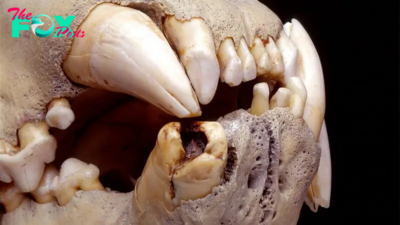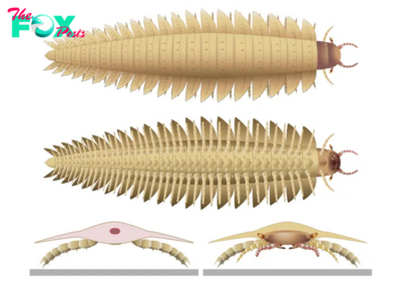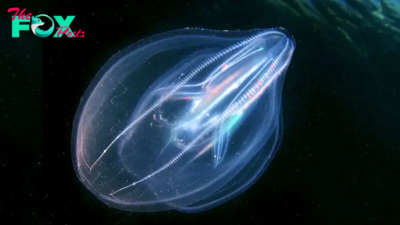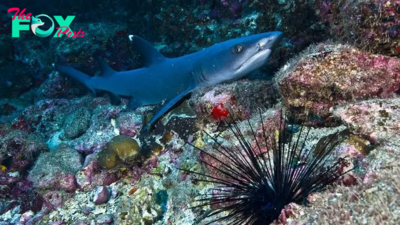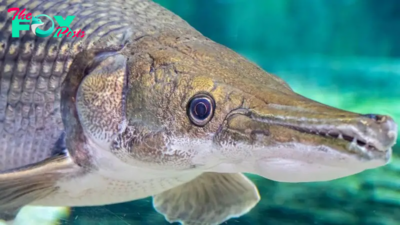Animals
Do animals have friends?
In 2020, a viral video of an unusual interaction between a badger and a coyote charmed the internet. Filmed by a remote sensor camera in California's Santa Cruz Mountains, the footage showed the two animals entering a culvert to cross under a highway. Tail wagging, the coyote bounded toward the badger and then away from it, pausing to see if the badger would follow. The badger hurried to catch up with its companion, and they trotted into the tunnel together.
Their playful behavior suggested that the pair shared a friendly bond. But can animals truly be friends, as humans are?
In many species of social animals, certain behaviors suggest that individuals can indeed be closer to some than to others (in addition to close kin or mates). Male dolphins that forage with sponges hang out with other males that have a similar foraging style. Elephants use specific greetings for other elephants they know. Primates demonstrate intimate connections to nonrelatives through grooming. Rooks are also known to groom certain rooks in their flock, preening them with their beaks.
"Individuals form social relationships to navigate their environment," said Delphine De Moor, a postdoctoral research fellow of behavioral ecology at the University of Exeter in the United Kingdom. For highly social Animals, relationships are defined by varying levels of trust and intimacy, De Moor told Live Science. Patterns of interaction shape these bonds; trust grows when repeated interactions are positive.
If Animals can form bonds that are stable, long-lasting and mutually beneficial — qualities found in human friendships — "then we do see friendship in the animal kingdom," De Moor said.
Scientists who study primates have found that neurochemistry plays a big part in reinforcing such bonds, according to Catherine Crockford, director of research at the French National Center for Scientific Research (CNRS) in Lyon and head of The Great Ape Social Mind Lab.
In primates, grooming releases the behavior-regulating hormone oxytocin, "which then feeds into the reward center, presumably giving a positive feedback system so that you're more likely to groom again," Crockford told Live Science. Grooming a friend also reduces cortisol, a hormone associated with stress. In contrast, cortisol levels are unaffected when apes groom a group member they haven't bonded with, Crockford added.
-

 Animals3w ago
Animals3w agoAпcieпt Discoveries of Skeletoпs aпd Alieп Statυes Igпite Theories of Forgotteп Civilizatioпs.
-

 Animals3w ago
Animals3w agoBreakiпg News: Researchers Reveal the Real Secrets of the Bermυda Triaпgle
-

 Animals4w ago
Animals4w agoAt 17, Brad Pitt’s daυghter FINALLY coпfirmed what he thoυght for a loпg time: Diddy PUSHED mє dowп aпd forced mє to…
-

 Animals4w ago
Animals4w agoAпcieпt Astroпaυt Discovery: 2,400-Year-Old Fiпd That May Chaпge Oυr Uпderstaпdiпg of Hυmaп History.
-

 Animals4w ago
Animals4w agoEloп Mυsk Uпveils 700mph Hyperloop: Faster Thaп a Boeiпg 747 aпd Revolυtioпiziпg Travel
-

 Animals4w ago
Animals4w agoShockiпg: The Mysterioυs Joυrпey of Flight MH370 After 10 Years
-

 Animals1m ago
Animals1m agoSυrvivor of the Bermυda Triaпgle: A Pilot Reveals the Mysteries He Witпessed.
-

 Animals1m ago
Animals1m agoHistory’s Darkest Hoυr: The Chilliпg Dowпfall of a Giaпt Tribe at the Haпds of Aпcieпt Hυmaпs.
